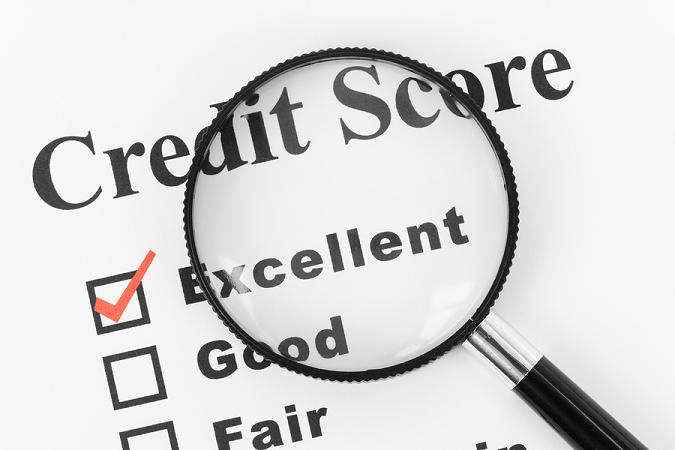So you are looking to buy your first home or maybe even finance a new car and you are worried about your credit. Although raising your credit score is never a quick and easy task, there are various immediate actions that you can implement today in order to start the process towards raising your credit score.
Lenders look at your credit score because it provides a clear picture of your history in repaying debt. The perks of having a good credit score are not only monetary but they also provide you with the ability to shop around and negotiate deals. Your credit score can be obtained from one of three bureaus. It is advised to receive one from each as they all report using different factors. If you haven’t already reviewed you score from one of these three providers and you are looking to take out a line of credit in the next 6 months, it is in your best interest to do so.
Remove Errors from Your Credit Report
Obtaining a copy of your credit report each year gives you the opportunity to locate and find mistakes. Correcting an error on your credit report can take up to three months or longer. Finding and correcting the errors will have a huge impact on your credit score, and starting the process early, before you need credit, is advised. It is good practice to keep detailed records of your credit lines and payments in the case that you have to dispute something on your credit report. The more supporting evidence you have, the easier it will be to plead your case.
Pay Your Bills on Time to Increase Your Credit Score
If you don’t already practice the responsible habit of paying your bills on time, now you have an extremely good reason to. Even if you have made your payments on time for years, missing one payment can have the same impact as missing several payments. Requesting from your creditors to have these types of blemishes removed never hurts to try, especially if it was a true oversight.
Keep Balances Low to Impact Your Score
If you have high balances, it is in your best interest to start paying these down. One factor in your credit score relates to the ratio of debt that you hold on your cards. Keeping the balance below 25% of the ceiling is a good rule to remember.
Pay off Debt Rather Than Moving it Around
This rule relates to the third point in that translating debt to another card is only increasing you closer to the ceiling of that line of credit, therefore lowering your score. It is a better practice to focus on one line of credit and pay it off. After you’ve eliminated the balance do not cancel the card as your credit score reflects this negatively. Having a clear history of debt being repaid is something that lenders like to see.
If you haven’t already received your free copy of your credit score, that is the first step. After doing so, you will know just how much work you have laid out in front of you. It is never too late to start building your credit score and with a little work and persistence you will notice results that will pay off for you when it comes times to take out credit.



As much as one would think all of the above is common sense for some it’s not. Paying bills on time is a no-brainer but checking for errors is super important and many people tend to overlook that part.
I agree. It’s crazy how it’s not common sense!
I totally agree about disputing errors. I had an error on mine about ten years ago and I went through the formal process to have it removed. It worked well, and my credit score shot up afterward!
Awesome! How many errors did your report have?
You’re right! Finding errors is really key since it is SO COMMON to have errors. That is still so amazing to me.
They are terrifyingly common!
I am really happy to read this blog posts which carries tons of useful information, thanks for providing these information.